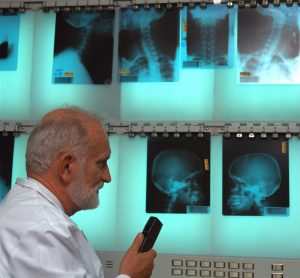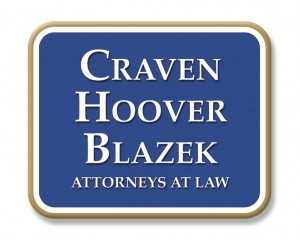
Head Injury Lawyers 317-881-2700
Although it is the least serious type of brain injury a person can suffer, mild brain injuries can lead to somatic, cognitive, behavioral, emotional, and physical complications. If you or someone you love has recently suffered a head injury and concussion as a result of another person’s negligence, your best course of action would be to seek medical attention right away. Brain injuries are complex, and symptoms can sometimes show weeks, even months, later. Do not wait to see if you are okay; have a medical professional look you over to ensure you are not in any immediate danger.
Once you have received the proper medical attention, you will likely be making a claim with the negligent party’s insurance company to seek compensation for your losses and damages. The insurance company will most likely offer an insufficient amount of compensation to cover your hospital bills, medical expense (past, current, and future), lost wages, and more, and you need to consult a seasoned Indianapolis personal injury lawyer as soon as possible. Hiring an attorney as soon as possible is the best course of action. In the meantime, take a look at the frequently asked questions about concussion injury claims for a better understanding of what you can expect.
Do I Have a Concussion?
There are several symptoms a person may experience after suffering a concussion. These symptoms vary from mild to serious depending on the severity of the impact. The most common symptoms of having a mild traumatic brain injury are headache, bruising, blood vessel damage, nerve damage, amnesia, disorientation, mental confusion, nausea or vomiting, trouble sleeping, fatigue, poor balance, irritability, vision issues, mild depression, ringing in the ears (tinnitus), or sensitivity to light.
What Will the Doctor Do to Check for a Concussion?
Immediately following a serious head injury, it is standard for a doctor to order a CT scan (cranial computerized tomography) to take a closer look at the integrity of your brain and skull. Later on, they may also order an MRI (magnetic resonance imaging) to identify and monitor any changes in the brain, and potentially diagnose any conditions that develop as a result of the concussion. Furthermore, computerized assessments like baseline tests and post-injury tests are used to measure reaction time, memory capacity, speed of mental processing, and executive functioning of the brain.
How is a Concussion Treated?
The severity of a person’s concussion will determine the level of treatment required. Mild concussions can sometimes be treated with bed rest, fluids, and over-the-counter pain relievers, like Acetaminophen. If the head injury resulted in a wound, numbing cream like Lidocaine can be applied, as well as ice packs, to relieve pain, swelling, and redness.
How Long Does it Take for a Concussion to Heal?
Again, the amount of time it takes for a concussion to heal depends on the severity of the impact, the subsequent injuries caused to the head, neck, spinal cord, and brain, and many more factors.
Are There Different Kinds of Concussions?
Medical authorities use a grading system to define the different types of concussions: Grade One, Grade Two, and Grade Three. Grade One concussions are mild head injuries in which symptoms do not last more than 15 minutes and unconsciousness does not occur. Grade Two concussions are moderate head injuries in which symptoms remain past 15 minutes and unconsciousness does not occur. Grade Three concussions are severe head injuries in which symptoms are or seem to be, persistent and unconsciousness results, whether for a few seconds, hours, or days.
Who Should I Discuss My Head Injury Case With?

Personal Injury Attorneys 317-881-2700
